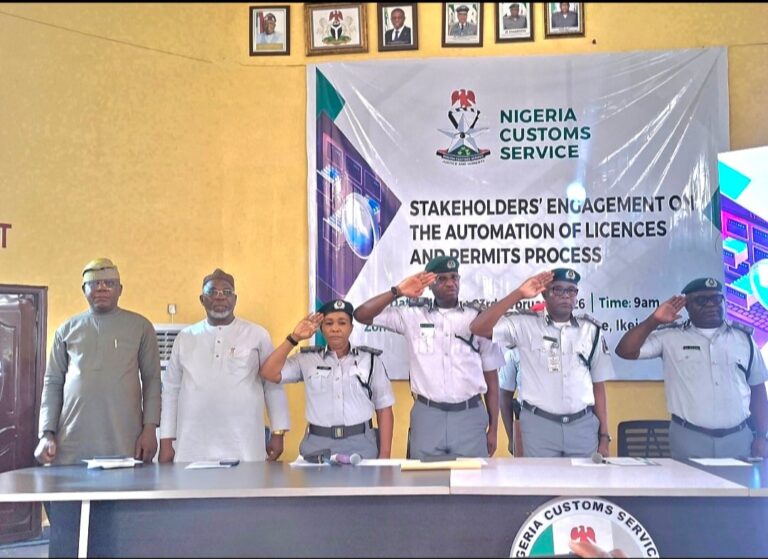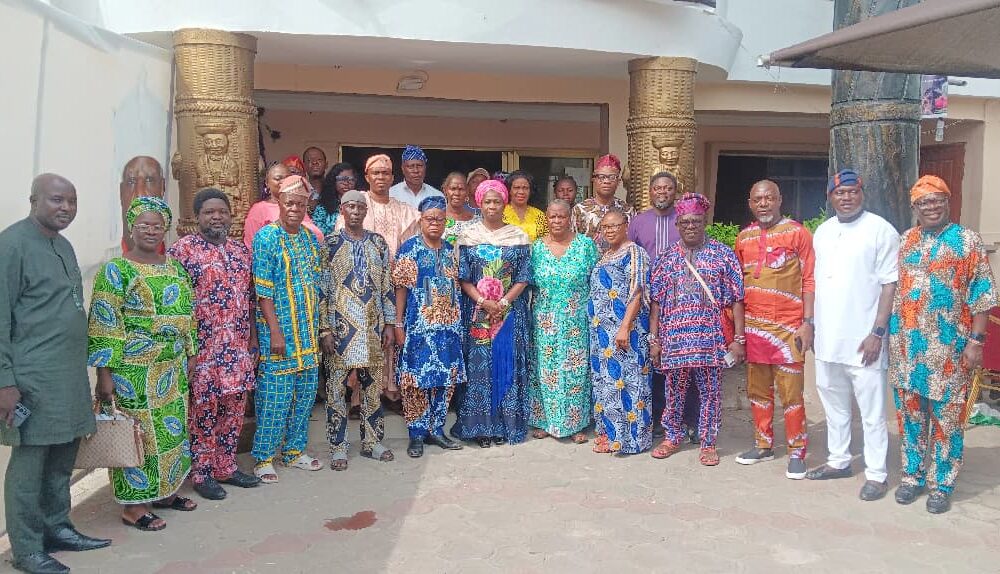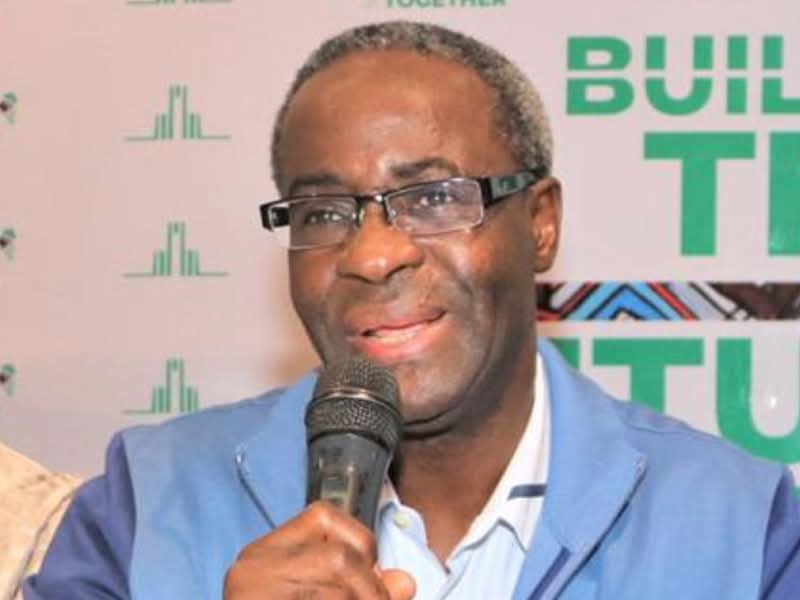In a bid to forestall a recurrence of the overwhelming impact of COVID-19 pandemic on the Nigeria’s health sector, the Nigerian Institution of Civil Engineers (NICE), Abuja chapter, on Thursday assembled engineering and medical experts at its 2020 annual conference to review the state of the country’s health infrastructural decay and deficit.
The conference, which was virtually held, had the theme: “Health infrastructural decay and deficit in Nigeria: problems, innovative solutions and prospects.”
Declaring the conference open, National Chairman of NICE, Engr. Aishatu Umar commended the chapter for organising the conference, noting that the chosen theme was apt given the prevailing global realities.
Presenting the lead address, keynote speaker of the event, Dr. Bitrus Chagwa, said the healthcare system in the country is in a state of comatose. According to him, the sight of Nigeria’s healthcare infrastructure and facility makes patients to lose confidence in the system. As result, many citizens die available death.
He identified poor budgetary allocation, embezzlement of meagre allocation, brain drain, nonfunctional emergency services, lack of political will, poor hazard allowances, overbearing influence of certain individuals on the sector, dilapidated and obsolete facilities and equipment as factors contributing to the mortification of the Nigerian health system.
Other factor mentioned are: delay in attending to patients and emergencies; delay in the outcome of clinical investigations, bureaucracy of facilities in managing patients, eye services of facilities staff, lack of facilities in rural areas where majority of Nigerians live and the over dependence on private health facilities among others.
On the overbearing influence of highly placed individuals on the sector, Chagwa frowned at it, citing the recent incidence wherein the health ministry allegedly got its allocation from another ministry. Chagwa called on President Muhammadu Buhari to ensure that the independence of the health sector is respected.
He identified poor welfare package and decay infrastructure and factors fueling brain drain in the country and accused Health Maintenance Organization (HMO) of frustrating the laudable objectives of the National Health Insurance Scheme (NHIS).
On the way forward to the infrastructure problem, Chagwa called on government to pay more attention to Primary Healthcare, upgrade hospitals with modern facilities and equipment, extend NHIS to cover all citizens, increased investment in medical intelligence and embarked complete overhauling of the healthcare system through adequate funding and proper utilization of the funds.
Also at the conference was the National President of Nigerian Medical Association (NMA), Dr. Innocent Ujah, who expressed delight at NICE’s commitment to a better health sector. Ujah said the conference marked the beginning of an effective collaboration among key professions.
“I am very happy because outside the health sector, others are trying to help us. For engineers to be talking about health, we are at the point of effective collaboration,” he said.
Ujah, who is also the Vice Chancellor of Federal University of Health Science Otukpo, tasked NICE on the need to take a closer look at Nigeria’s road infrastructure as it has a link to the delivery of effective healthcare.
Responding to the question on whether Nigeria should adopt the United States assistant physician practice, Ujah opposed the practice and called for the employment of the numerous unemployed doctors in the country.
On what the NMA is doing to scare her members from collaborating with corrupt individuals and politicians to worsen the infrastructure decay problem through the embezzlement of limiting funds, the NMA President urged Nigerians to submit petitions against corrupt medical officials for investigation and prosecution.
Engr. Dominic Akuboh, NICE Abuja chapter Chairman, assured participants that the communique of the conference would be directed to the authorities concerned for appropriate action.
Nigerian Institution of Civil Engineers is a division of the Nigerian Society of Engineers.





